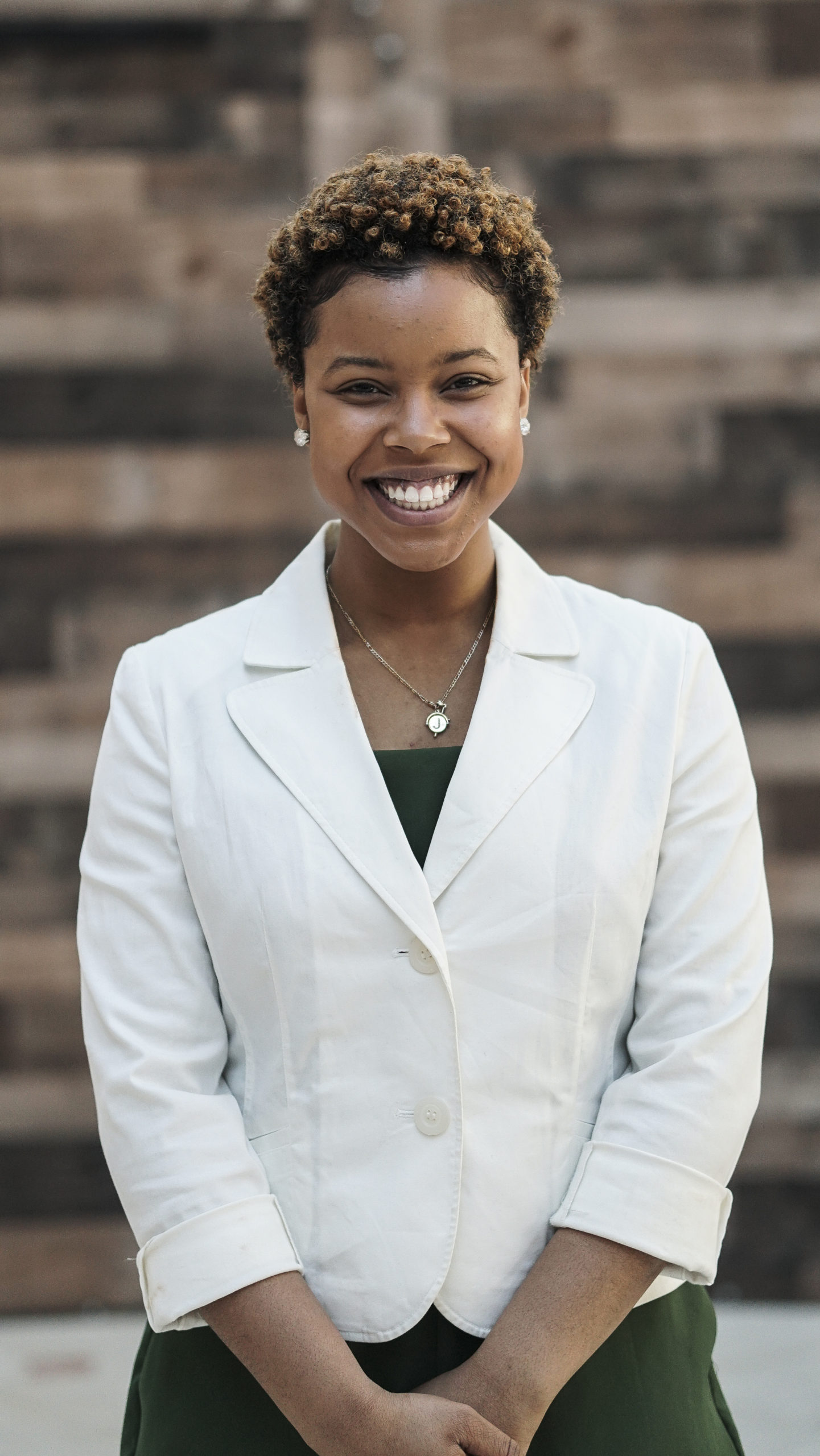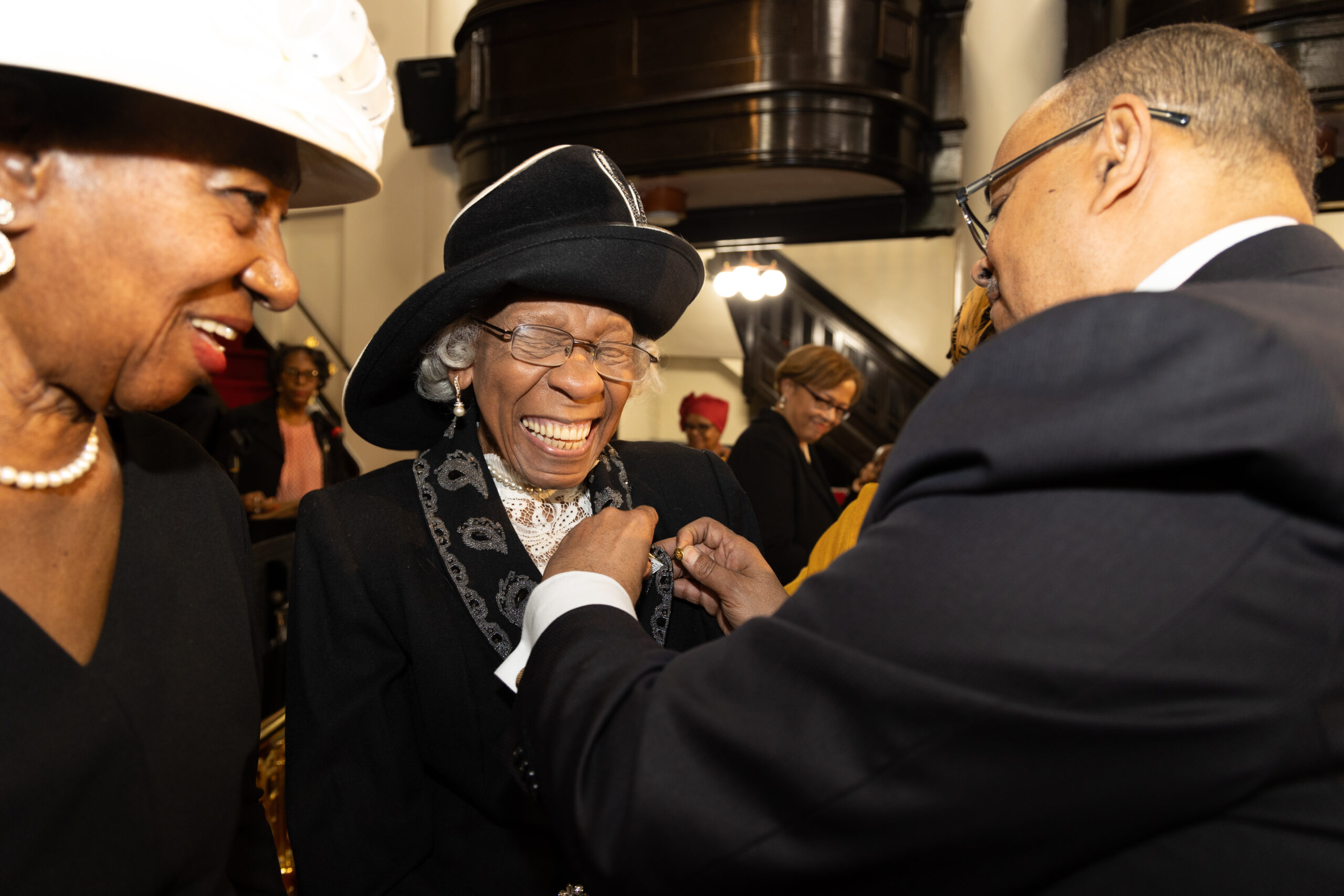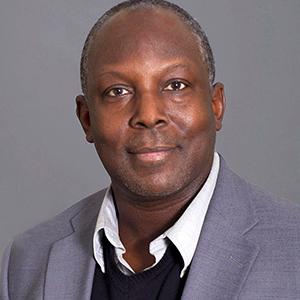What do Young People Want?” Dialogue in the 21st Century Church
Jordan DeVeaux
What do young Christians want?
For much of my Christian journey, particularly as a participant in ministry, variations of the same question have been asked of me rather frequently. It may be presented through the lens of church growth and retention or simply a neutral curiosity. However, regardless of the motivations behind asking, the inquiries all boil down to the same idea—what do young people want from the church? From desires for town halls and community forums to the conception of individual podcasts, the answer is painfully obvious. And while I try my best to be careful about speaking on behalf of other people without their consent, I would argue that young people, across generations, desire one thing in particular: dialogue, not only to be heard but understood. Young people in the A.M.E. Church today have been barraged with a range of topics that many of us, if we are truly honest with ourselves, too wonder about quite a bit. From LGBTQIA marriage rights to the Israel-Palestine conflict, young Christians and older Christians alike are grappling with how Jesus would engage in these conversations if he were present physically on earth with us today.
So, where do we begin?
The first step in embracing healthy dialogue about difficult topics in our churches is to make a very important distinction—dialogue versus debate. This distinction is critical because if the vehicle of dialogue is mishandled, the church could easily end up doing more harm than good. Dialogue is the process of entering a space with differing points of view and aiming to leave the conversation able to explain the other person’s point of view. The goal of dialogue is understanding. On the contrary, the focus of debate is invalidating the other perspective and uplifting my own. The goal of debate is winning. The Institute for Islamic, Christian, and Jewish Studies has a tremendous breakdown of this distinction here: https://www.youtube.com/watch?v=BHnmysaDuNY.
Is there no room for debate in the Church?
So, is there no room for debate in religious life? What about apologetics or the defense of the faith? There absolutely is. Debate is not inherently bad. There are select scenarios that call for healthy debate. For instance, we should engage in debate as an exercise in conversations to better understand our own points of view. It instead should be used intentionally and with the self-sacrificial love and the intellectual thoughtfulness that Christ models for us.
Does dialogue require me to be a spiritual relativist?
Good question—not necessarily. As Christians, there are many absolutist positions we have chosen about things such as murder and assault. However, some things are a little less black and white. Dialogue requires all of us to lean into those nuances and shades of gray with our young people as we both aim to make sense of things with the word of God as our guide.
What does that look like?
In order to fully incorporate dialogue into our churches, a few things need to happen first. We must eliminate power dynamics that make fruitful conversation challenging, own our areas of uncertainty, and humanize the clergy that pour into us. In a conversation with a high school student earlier this year, I was truly shaken by his conviction. He said, “I think I would respect the church much more if preachers were comfortable saying that they don’t know.” These three things are requirements for best dialogue practices to essentially accomplish the same thing—level the ground on which we host this discussion. We must welcome opportunities to admit when absolute answers escape us, no matter how uncomfortable that is. Why? Because it is easier to seek the God that knows the answer alongside someone that loves and respects you than someone you see as your opponent.
What makes you so sure?
In closing, I would like to demonstrate this practice now. How am I sure that this is the answer? I’m not. But, I hope in these reflections, it has become clear why this is my authentic stance. Thank you for engaging in this dialogue with me.





